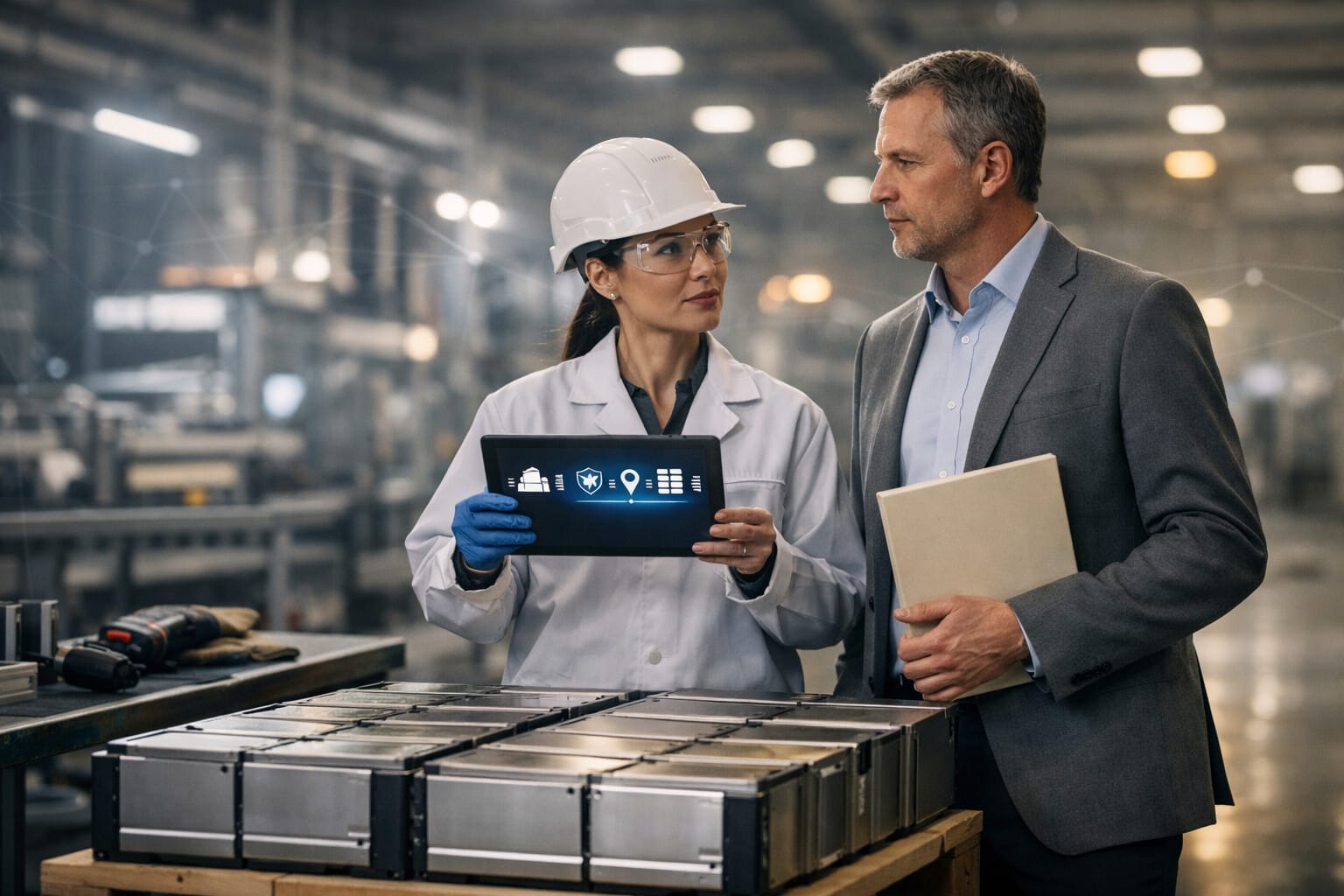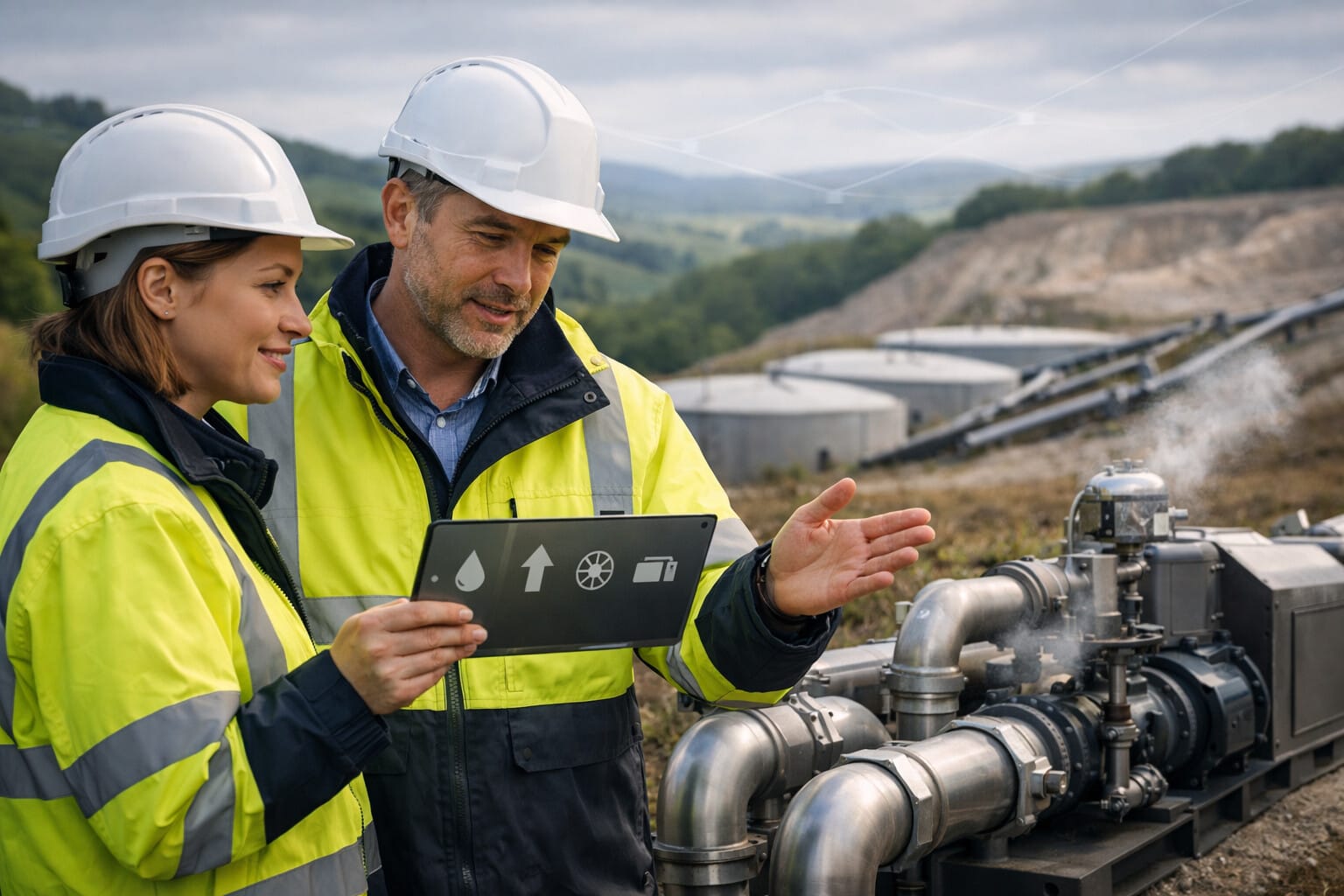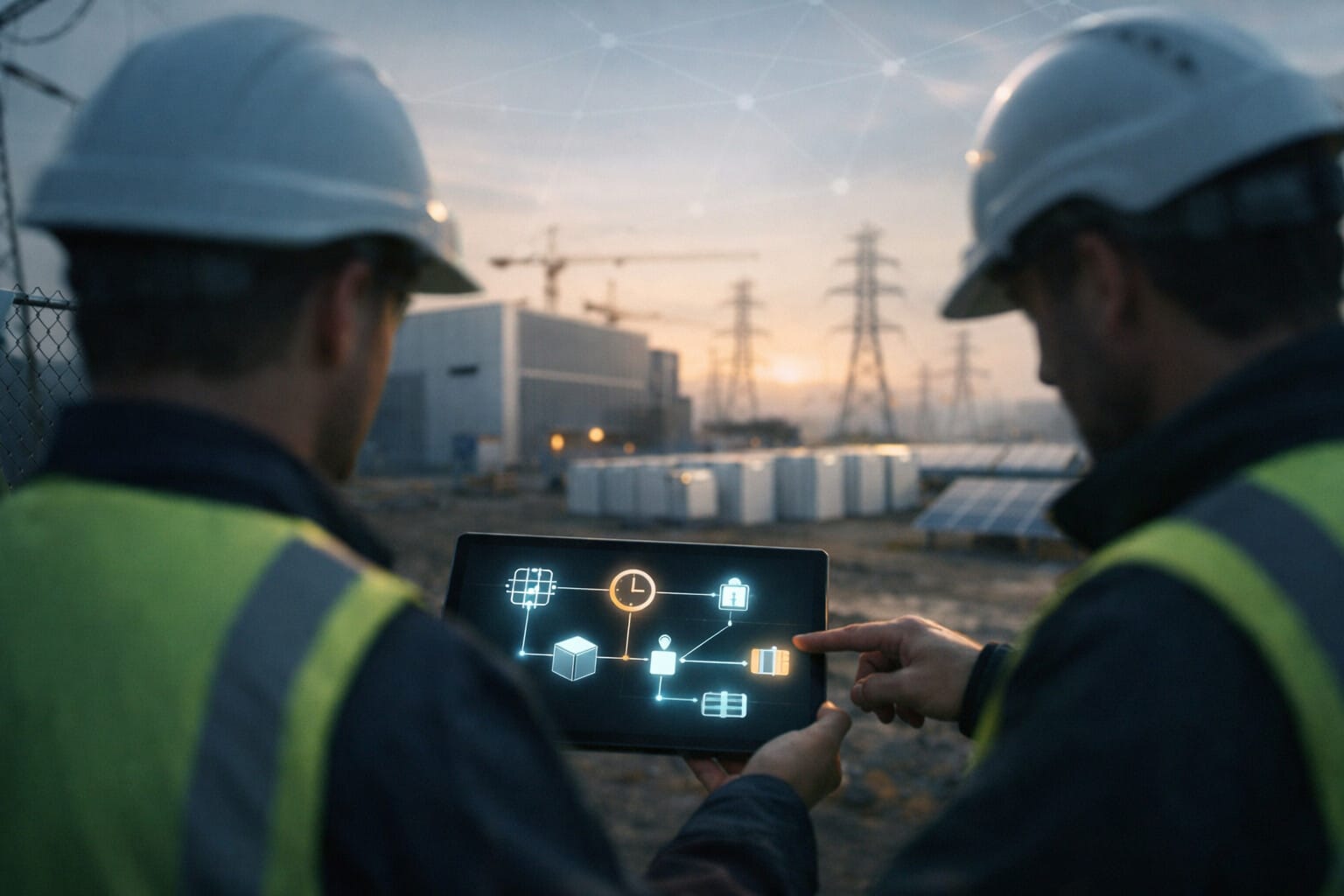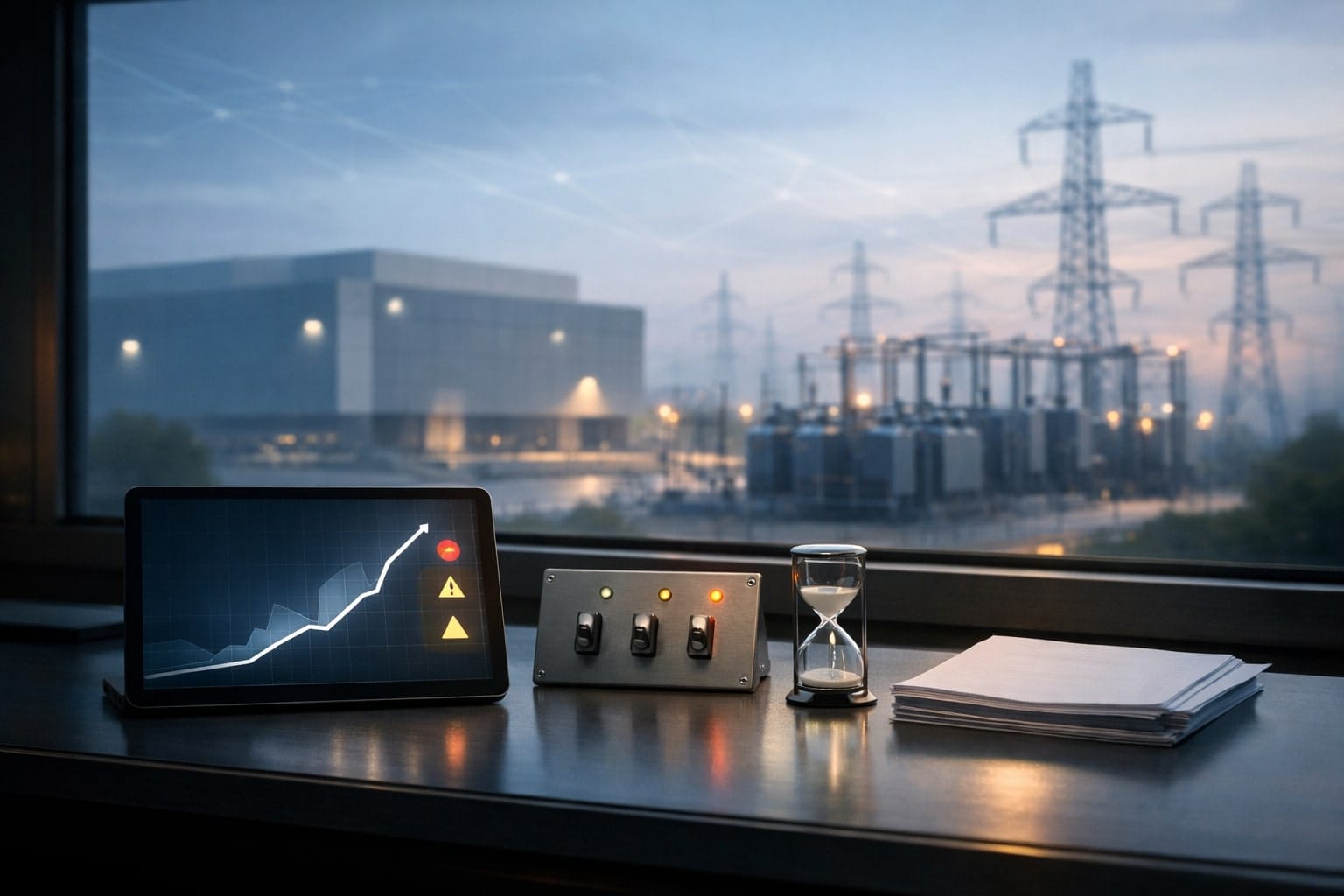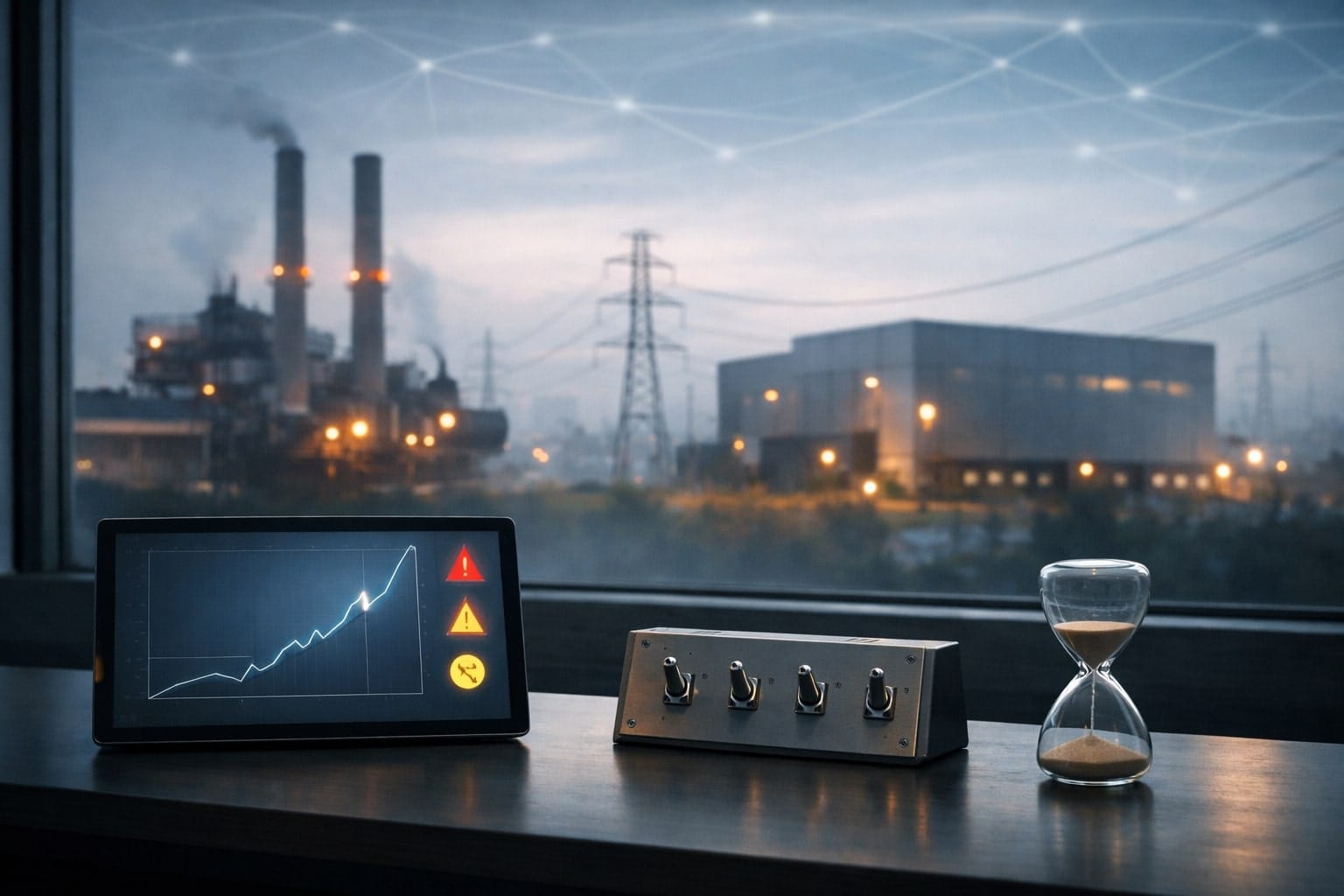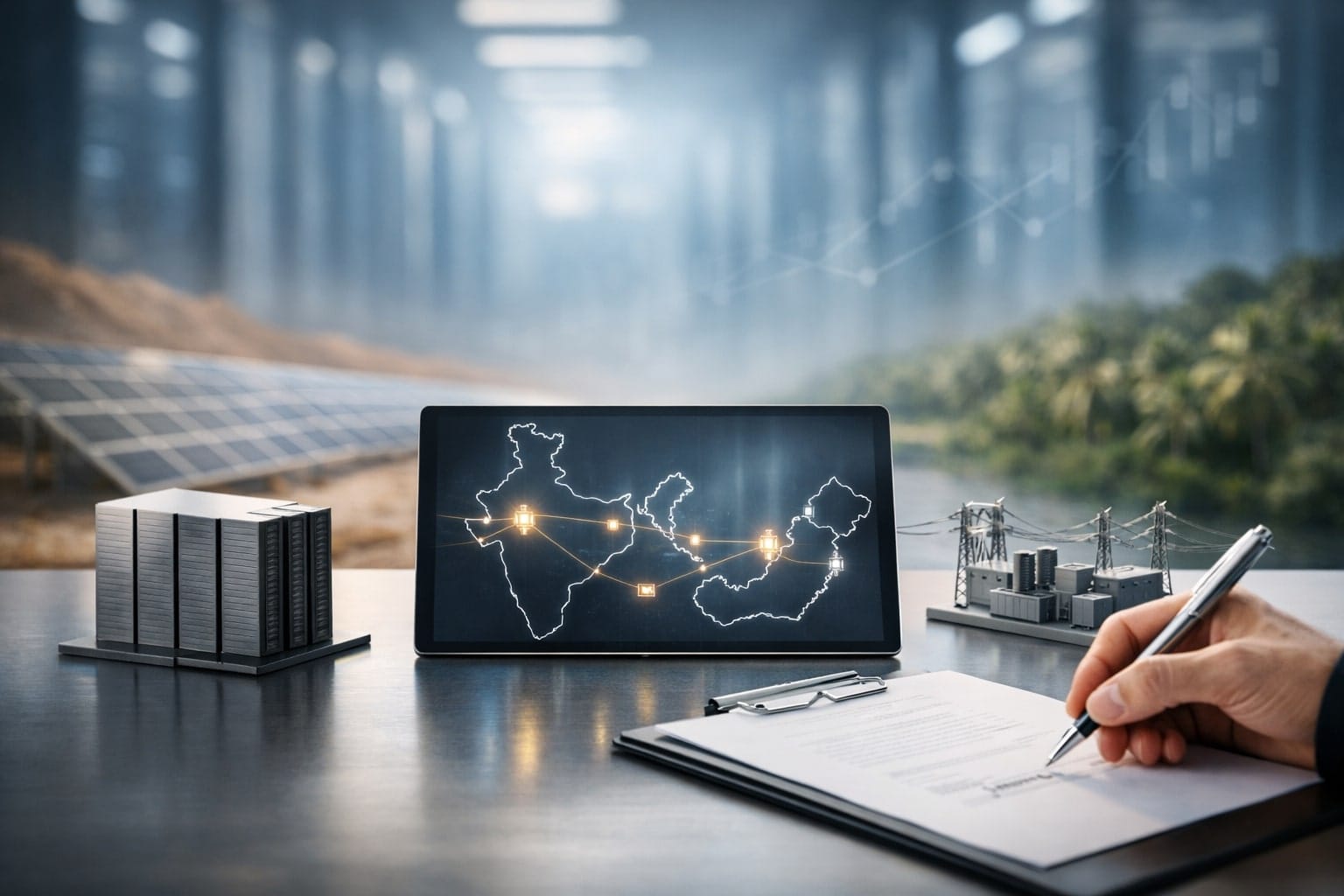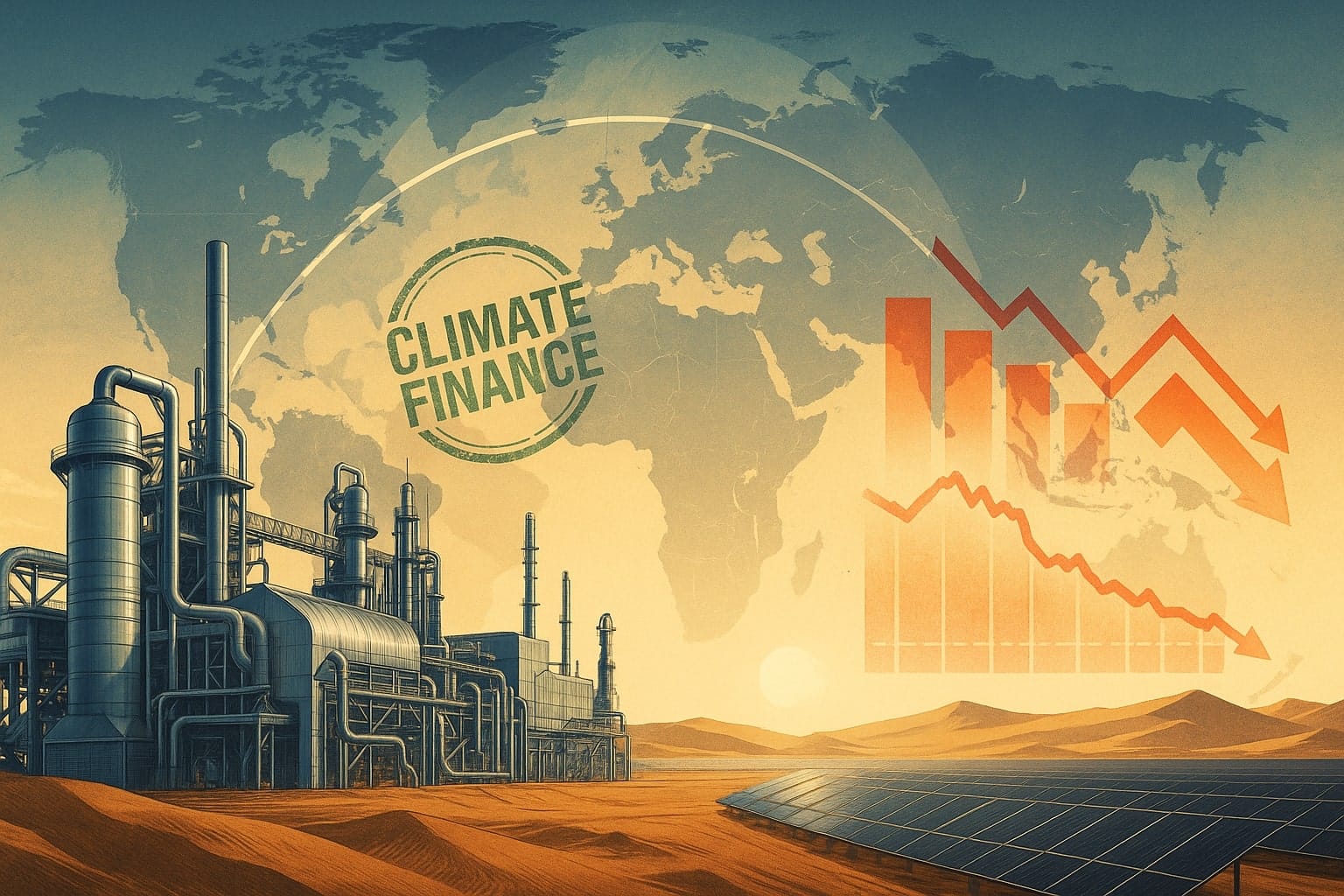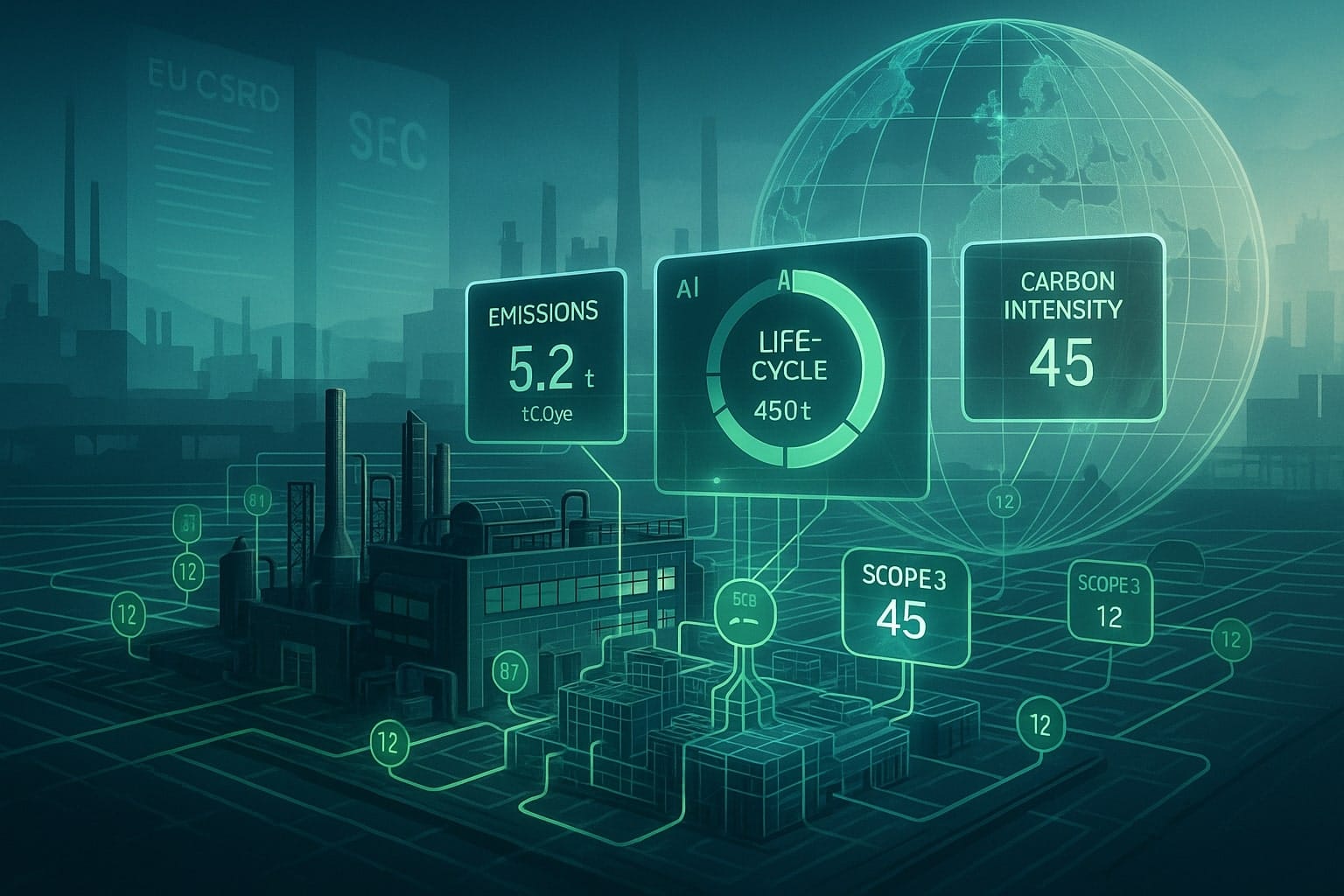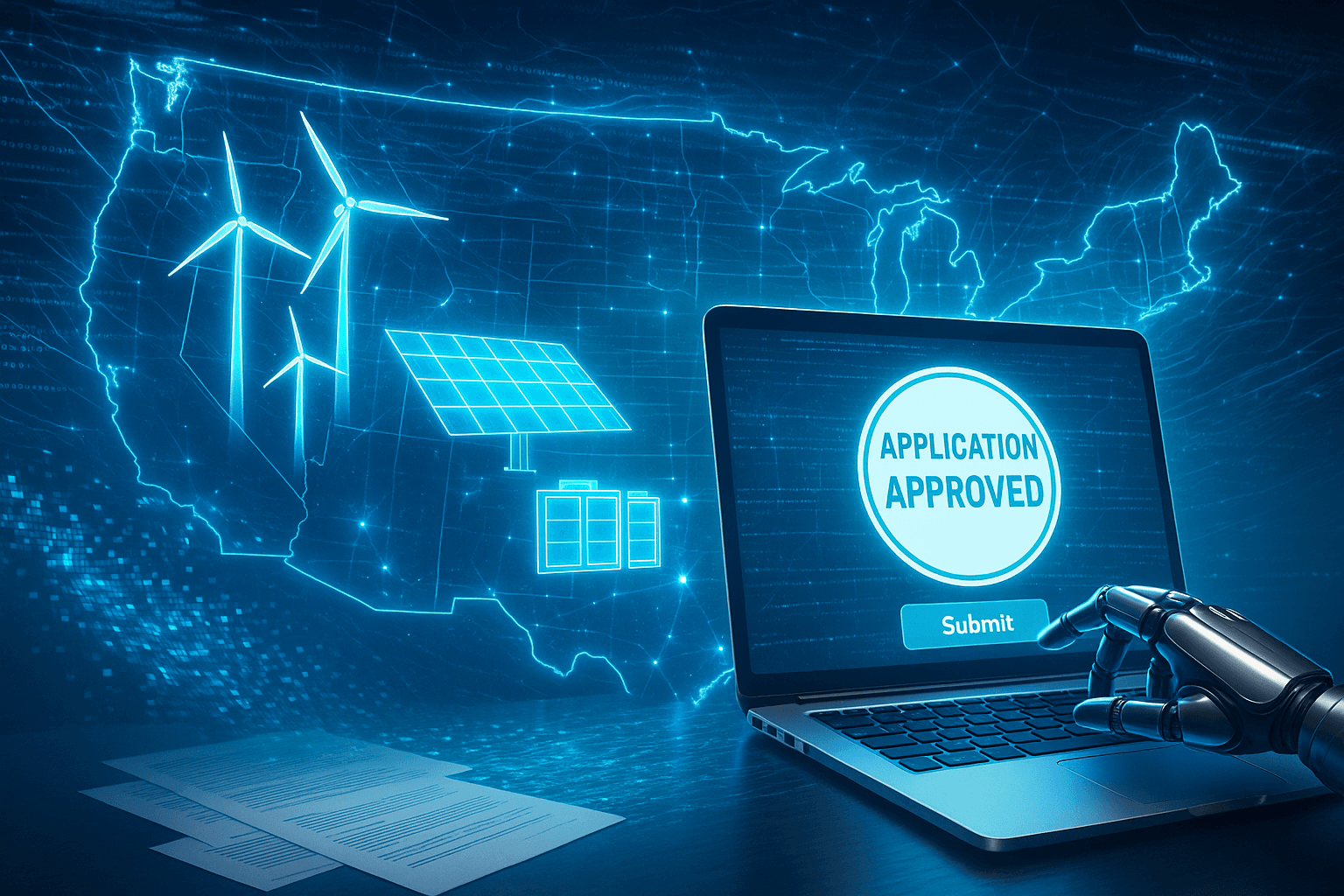The Dubai Electricity and Water Authority (DEWA), a pivotal entity in Dubai’s energy sector, has announced a tender for advisory services to develop a substantial renewable energy project. This initiative encompasses a 1.6 gigawatt (GW) solar power plant integrated with a 1 GW battery energy storage system (BESS). This project underscores DEWA’s commitment to advancing sustainable energy solutions and enhancing the reliability of Dubai’s power grid.
Table of Contents
ToggleProject Overview
DEWA’s tender seeks expert advisory services for the development of a large-scale solar-plus-storage project. The proposed facility includes:
- Solar Power Capacity: 1.6 GW of photovoltaic (PV) solar energy generation.
- Battery Energy Storage System: A 1 GW BESS designed to provide six hours of storage capacity, thereby ensuring a stable and reliable power supply.
Interested parties can acquire the tender documents from DEWA’s website for AED 150 (approximately $40.84). The deadline for submissions is December 17, 2024.
The integration of a substantial BESS with the solar power plant is intended to mitigate the intermittency of solar energy, ensuring a consistent and reliable electricity supply. This approach aligns with global best practices in renewable energy deployment, where storage solutions are crucial for balancing supply and demand.
Strategic Importance
This project is a significant step toward achieving Dubai’s Clean Energy Strategy 2050, which aims to provide 100% of the emirate’s energy production capacity from clean energy sources by 2050.
By integrating large-scale solar power with advanced storage solutions, DEWA is enhancing the resilience and reliability of Dubai’s power grid.
The inclusion of a 1 GW BESS with six hours of storage capacity addresses the intermittency challenges associated with solar energy, ensuring a stable power supply even when solar generation is low. This initiative not only contributes to environmental sustainability but also positions Dubai as a leader in adopting innovative energy solutions in the region.
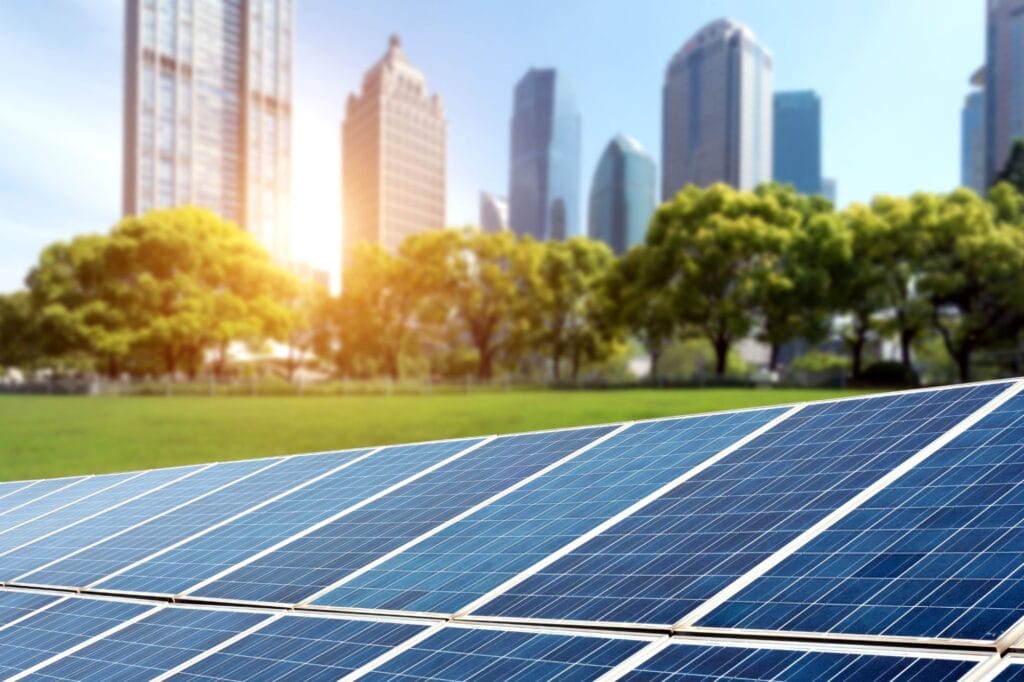
DEWA’s Renewable Energy Track Record
DEWA has consistently demonstrated leadership in renewable energy initiatives, notably through the Mohammed bin Rashid Al Maktoum Solar Park. As of early 2024, the park’s production capacity reached 2,627 MW, utilizing advanced global technologies. The park is on track to achieve a total capacity of 5,000 MW by 2030, reinforcing Dubai’s commitment to sustainable energy.
In addition to solar power, DEWA is developing a 250 MW pumped-storage hydroelectric power plant in Hatta, the first of its kind in the GCC region. This facility will generate electricity by utilizing water stored in the Hatta Dam, with a storage capacity of 1,500 MWh and an expected lifespan of 80 years.
These projects exemplify DEWA’s strategic approach to diversifying energy sources and integrating innovative technologies to meet Dubai’s growing energy demands sustainably.
Global and Regional Context
The Gulf Cooperation Council (GCC) countries are increasingly investing in renewable energy to diversify their energy portfolios and reduce carbon emissions. Despite being significant fossil fuel producers, the share of renewables in the GCC’s electricity mix remains modest, accounting for only 3% of the region’s generation capacity in 2022.
However, initiatives like Saudi Arabia’s King Salman Renewable Energy Initiative, aiming for 27.3 GW of renewable capacity, and the UAE’s ambitious projects, including the Barakah nuclear plant, indicate a strategic shift towards sustainable energy.
Globally, the integration of large-scale battery storage with renewable energy is gaining momentum. Countries are investing in energy storage solutions to address the intermittency of renewable sources, enhance grid stability, and ensure a reliable power supply.
Challenges and Opportunities
Implementing a project of this magnitude presents several challenges:
- Technical Complexity: Integrating a 1.6 GW solar plant with a 1 GW BESS requires advanced engineering and seamless coordination to ensure optimal performance.
- Financial Investment: The high upfront costs necessitate substantial investment and strategic financial planning to ensure economic viability.
- Regulatory Compliance: Adhering to local and international standards is crucial for the project’s success and sustainability.
Despite these challenges, the project offers significant opportunities:
- Benchmarking: Setting a precedent for similar large-scale renewable energy projects in the region, showcasing Dubai’s leadership in sustainable development.
- Investor Confidence: Demonstrating a commitment to clean energy can attract global investors and foster economic growth.
- Environmental Impact: Contributing to substantial reductions in carbon emissions aligns with global climate goals and enhances Dubai’s environmental stewardship.
By addressing these challenges and leveraging the opportunities, DEWA’s initiative can play a pivotal role in shaping the future of renewable energy in the region.

